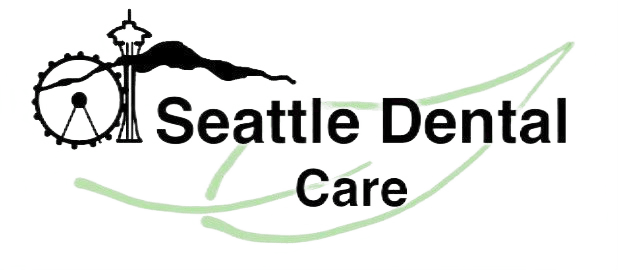SAFE AMALGAM REMOVAL
Posted by Seattle Dental Care Aug 30, 2022
SAFE AMALGAM REMOVAL
Dental amalgam is a filling material that has been used in dentistry for over a hundred years. It is a mixture of metals that typically includes silver, copper, tin, and mercury.
However, there are drawbacks to using amalgam fillings. Amalgam contains mercury, which has been proven to pose a health risk to humans. Mercury makes up about 50 percent of the mixture, and it is the most toxic and dangerous metal out of these metals. Research has shown that mercury can cause many health issues.
Should Amalgam Fillings Be Removed?
Amalgam was first introduced in the United States as an improvement on gold fillings, which were starting to show signs of wear and breakage. Amalgam was a cheaper option than porcelain or gold at the time, so it was a popular choice for dentists and patients alike. However, we now know that there are many health risks associated with dental amalgams.
The association of mercury with Alzheimer's disease is one of the best-known dangers of dental amalgam.
Mercury is a poisonous metal that is dangerous to the human body, even in small amounts. When mercury interacts with saliva in the mouth, it forms an acidic compound called methylmercury. This can damage the brain over time and lead to the development of Alzheimer's symptoms. A brain autopsy of an Alzheimer's patient showed elevated levels of mercury in the brain.
There is also evidence that dental amalgams can lead to kidney damage.
These are a few reasons why you would want to speak with a dental professional about the
How It Works - The SMART Protocol Process
The SMART is the acronym for "Safe Mercury Amalgam Removal Technique." It involves adhering to some safety measures to minimize exposure to mercury vapor and particulate matter.
When removing existing metal fillings, it's imperative to follow all safety precautions to keep both your patients and yourself unharmed during the procedure. Amalgam fillings, when broken down from decaying or being removed can be released into the air and absorbed into the bloodstream. This is why it's so important for the dental team to take the necessary precautions to ensure that you're safe from any harmful materials that could pose a health risk to both the dentist and the patient. Here is how the The SMART Protocol Process is followed at our dental practice:
First, our dental team starts by wearing a properly fitted face mask to prevent any inhalation of the toxic material. We also take proper ventilation measures by making sure that the room is properly ventilated with fresh air by opening windows and/or using an evacuation system to evacuate the amalgam particles in air. During the process, the patient will breathe through an independent oxygen supply. We also isolate the patient's teeth with a rubber dam and utilize a high-speed vacuum and a large volume of flushed water to reduce amalgams escaping to the gut system. Everyone on the dental team wears gloves to protect their hands from any hazardous materials. Lastly, the removed filings are disposed of in a manner that follows all local environmental regulations. Please contact us to learn more about our SMART Protocol.
Once we have safely removed the fillings, we also replace them with a tooth-colored, metal-free, BPA-free, and fluoride-free composite restoration to prevent any further issues down the road, such as decay or breakage. At Seattle Dental Care, we offer composite restorations specifically engineered to fit the unique needs of every patient. We can design your custom restoration to perfectly match the shape of your existing teeth so it blends seamlessly into your smile.
At Seattle Dental Care, our team of dedicated natural dentist Seattle will ensure that you receive the best and safest amalgam removal dentistry. Our team is committed to helping you achieve better oral health and a beautiful smile, and we will work with you to develop a customized treatment plan that is tailored to your individual needs. If you're ready to experience the best biological dental care, please contact biological dentist near me at (206) 728-1330 or visit us at 2107 Elliott Ave Ste 210, Seattle, WA 98121. We will be happy to guide you further.
MON - SUN 8:00 am - 6:00 pm
2107 Elliott Ave Ste 210,
Seattle, WA
Phone : (206) 728-1330Text Us : (206) 728-1330

